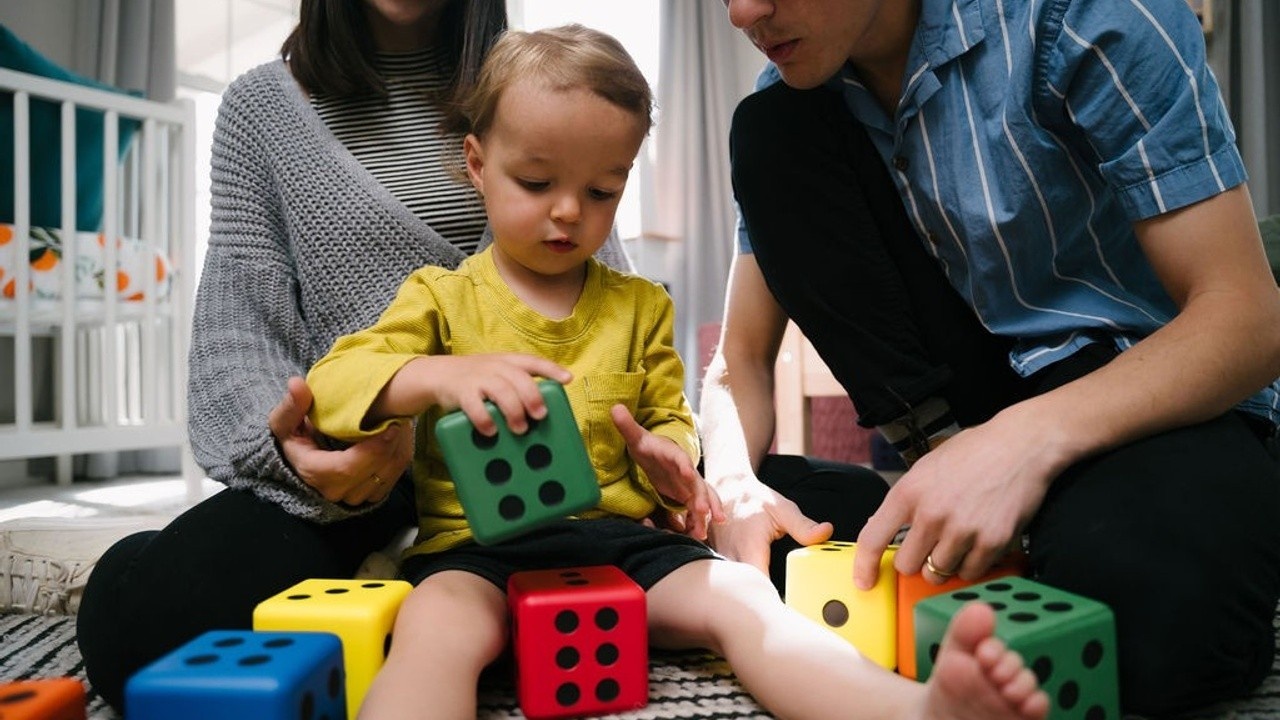Preparing for Purposeful Play
Mar 03, 2021
What is Purposeful Play?
There’s a lot of talk about purposeful play. What is it exactly? Purposeful play is playtime that is set aside to exercise and develop age-appropriate learning and movement activities. There is a lot of freedom in that! It doesn’t have to look the same for any two families, or even siblings within the same family unit. So you can relax. This is not about comparing your child to another, or even comparing your parenting. Here are three tips for purposeful play and how to keep it fun and engaging for you and your child.
Tip #1: Sooner is not better. Thorough is best.
Purposeful playtime should focus on expanding your child’s current developmental milestones and curiosities (remember Tip #1). Enjoying and exercising each stage of development is more important than how quickly new skills emerge.
Tip #2: Your child learns best when she is: Safe, Secure, and Loved
According to a study done in 19**, the most important component to a child’s learning is feeling safe, secure and loved. Cortisol, the chemical released when a child is in stress, can actually block the receptors in the brain responsible for remembering something learned. So relax. Your love and protection creates the most fertile learning environment. Play with your child. Love your child. There’s no one on earth like her.
Tip #3: Watch your child. Notice what keeps his attention. Engage his world of play.
For Babies: Your child is dropping everything. Dropping Cheerios off the tray, dropping toys off of the coffee table, and dropping the pacifier on the floor. This is completely normal between 6 and 12 months of age.
For Toddlers: You might notice your toddler taking tops on and off - and getting into things you’d rather him not. It’s not a crazy toddler obsession, and he’s not trying to get into trouble. He’s exercising fine-motor skills! Your child’s brain will find opportunities to prime emerging developmental milestones. Take these prompts and run with them! Give different containers to open and close: small ones that are more fine-motor oriented (watch the little pieces of course!), and big ones that engage the whole body (like Tupperware) and anything in-between! Keep him opening things until he’s all done opening things! Applaud the efforts and successes!
Aim for more fun and healthier development through purposeful play!
The PlayWisely membership is a great way to enhance your child's developmental wellness and strengthen your parent-child bond!
Keep learning and growing with your child through our mailing list!
Another mailing list? Are you serious?
Don't worry we only send the good stuff that's actually helpful.
We hate SPAM. We will never sell your information, for any reason.


